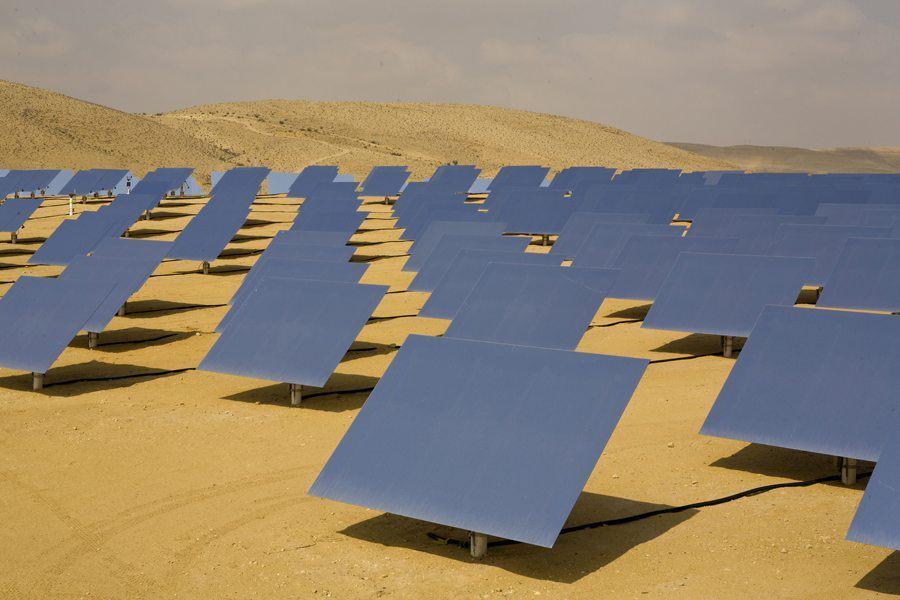Trina Solar Scores Big in the Middle East
Trina Solar Limited, a reputable leader in the production of photovoltaic modules worldwide has been awarded an EPC contract with Fresh Fruits Company, a logistics company based in Amman, marking the biggest solar power project Jordan to date. The project involves the installation of a 2 MW rooftop power plant to derive solar energy for the company’s warehouses and shops. The construction is to begin in the month of March and is expected to end by the third quarter of the year. As mentioned, the project is the biggest yet that the country has ever seen, with yields expecting to reach 3,200 MW every year once operations start. The project is also expected to reduce carbon emissions by as much as 38,400 tons, which would be a big move for the conservation of energy resources.
What the Trina Solar Project Could Mean for Jordan
This solar power project in Jordan is considered to be an unprecedented move given the country’s situation as a Middle Eastern nation heavily reliant on traditional sources of energy such as oil. Nevertheless, the initiative to look for sustainable sources of renewable energy is on an all-time high, taking a cue from successful countries like Australia which have implemented such landmark projects to critical acclaim and support from the majority of the population. While thinking that the ordinary residents of Jordan would soon follow suit in installing solar panels in their homes just like a resident of Melbourne or Adelaide would, this would be considered as wishful thinking by now, although this move by Trina Solar is expected to lay out the foundation for such a possibility.
Country Specific Challenges
As you would know, the country’s climate could prove to be a bit challenging for this solar power project Jordan, which is why special measures are to be employed in the installation of the solar energy panels so as to adapt to whatever special needs which could arise from such a situation. Trina Solar are expected to utilise specialised high-efficiency module from its product line-up, particularly the TSM-PC05A Honey 260 Wp, which has been devised to adapt to relatively harsher environments such as the high and arid temperature of the Middle East.
Saving Up on Traditional Power Sources
Such a big project means significant savings for Jordan in the long run given the country’s dependence on imported energy heavily based on oil and gas, which in vulnerable to fluctuations in price as far as the global market is concerned. With solar panels in place, the only fluctuation that Jordanians would have to look out for would be the brightness of the sun, and considering how this Middle Eastern nation gets a lot of sunlight in any given day, the long term return of investment for such projects would probably hit an all-time high in just a few decades’ time, which would only make solar power business happier to accommodate a profitable country which has decided to go green through solar.



